Why the EQ-i?
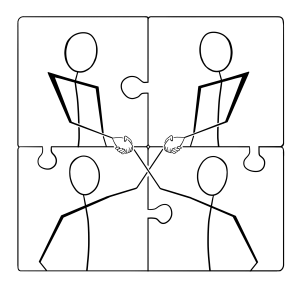
The EQ-i is the most popular Emotional Intelligence tool in the world for a reason. This tool is a strong predictor of success at work and in life, and now more than ever, businesses across the globe are recognizing the power of an emotionally intelligent workforce. So, what is the EQ-i, and more importantly, how would it help your organization?
What are Emotional Intelligence and the EQ-i?

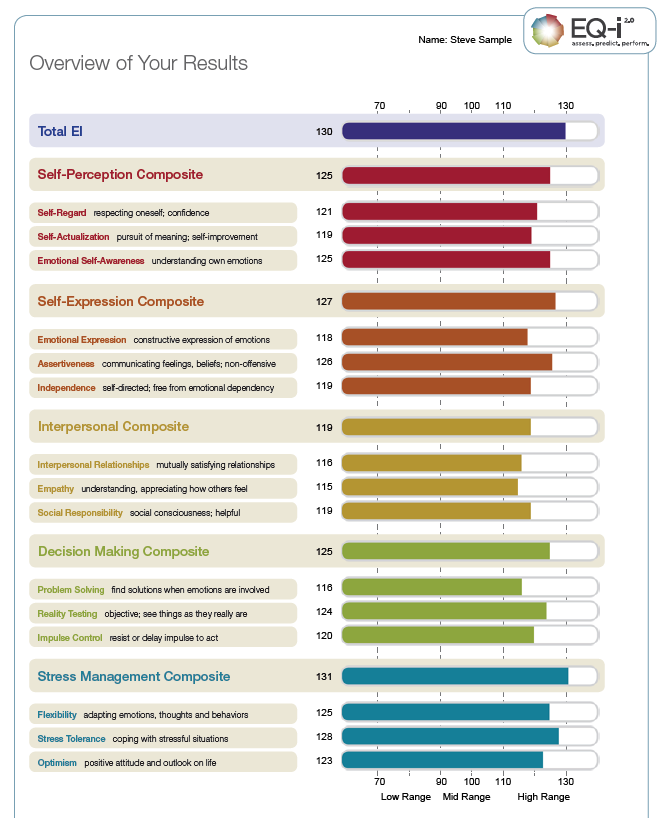 The EQ-i is a self-assessment which gives a client a detailed trove of feedback in the form of 16 scored elements. Each of these 16 elements is an individual behavior that—in combination with each other–compose our relationships, our approach to work, our communication and so much more.
The EQ-i is a self-assessment which gives a client a detailed trove of feedback in the form of 16 scored elements. Each of these 16 elements is an individual behavior that—in combination with each other–compose our relationships, our approach to work, our communication and so much more.
Emotional Intelligence can be thought of as tools in a behavioral toolbelt. The ultimate strength of the EQ-i lies in its relative neutrality; a client is placed along a scale on how frequently they exhibit that behavior, which does not indicate “good” or “bad.” The goal of the EQ-i is not to have high scores in all of the elements, and there is no perfect score. The feedback is valuable because it paints an honest behavioral portrait of a person, and all the opportunities they have to grow. To follow the toolbelt analogy, it is about learning which tools are in our comfort zone, when it is appropriate to use certain tools, and how to cultivate unfamiliar tools.
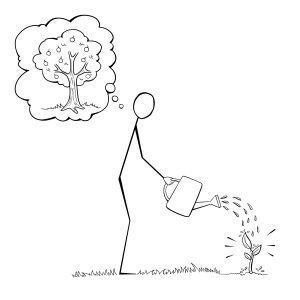 For example, Optimism is one of the EQ-i’s 16 targeted elements. A particularly low score in Optimism most often looks like somebody who gives up quickly, or who has no hope for success. However, that is not necessarily worse than a particularly high and unbalanced score, which can manifest itself as denial, or someone who ignores the fears of others.
For example, Optimism is one of the EQ-i’s 16 targeted elements. A particularly low score in Optimism most often looks like somebody who gives up quickly, or who has no hope for success. However, that is not necessarily worse than a particularly high and unbalanced score, which can manifest itself as denial, or someone who ignores the fears of others.

 Some of these tools exist in tension with one another, such as Assertiveness and Impulse Control. Assertiveness measures someone’s need to make their desires and opinions heard. Impulse Control measures that same person’s tendency to keep those ideas or opinions unexpressed. Each of us has a rich and personal EQ-i profile that speaks to the complex people we are. The EQ-i report gives us a detailed and fluid understanding of ourselves; none of these scores are set in stone, and each offers some input on how to turn a weakness into a strength—or hone a strength even further.
Some of these tools exist in tension with one another, such as Assertiveness and Impulse Control. Assertiveness measures someone’s need to make their desires and opinions heard. Impulse Control measures that same person’s tendency to keep those ideas or opinions unexpressed. Each of us has a rich and personal EQ-i profile that speaks to the complex people we are. The EQ-i report gives us a detailed and fluid understanding of ourselves; none of these scores are set in stone, and each offers some input on how to turn a weakness into a strength—or hone a strength even further.
So, what? An organizational perspective
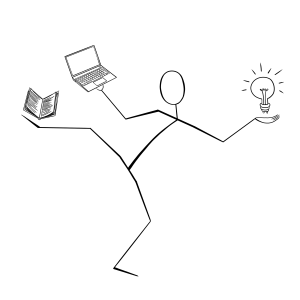 The world is in turmoil. Politics, race, gender, nationality, and a number of other factors are hot button topics that make many people feel like they are navigating a minefield instead of a conversation. COVID-19 forcing the world online has added new challenges to all manner of existing communication difficulties. It can feel miserable to come into a job that doesn’t understand you or to be responsible for a team that just won’t gel. A manager can have a great vision, but their low Flexibility score can give the appearance of a stubborn captain going down with the ship. A colleague with high Emotional Expression may not realize when it’s time to tone it down. A generational gap between people in a department can lead to frustration and a lack of clear communication. Emotional Intelligence in general and the EQ-i specifically gives all of these people the tools necessary to work through their differences and to create a better workplace environment.
The world is in turmoil. Politics, race, gender, nationality, and a number of other factors are hot button topics that make many people feel like they are navigating a minefield instead of a conversation. COVID-19 forcing the world online has added new challenges to all manner of existing communication difficulties. It can feel miserable to come into a job that doesn’t understand you or to be responsible for a team that just won’t gel. A manager can have a great vision, but their low Flexibility score can give the appearance of a stubborn captain going down with the ship. A colleague with high Emotional Expression may not realize when it’s time to tone it down. A generational gap between people in a department can lead to frustration and a lack of clear communication. Emotional Intelligence in general and the EQ-i specifically gives all of these people the tools necessary to work through their differences and to create a better workplace environment.
However, Emotional Intelligence isn’t about just de-escalating conflict or about being friends with everyone at the office. It requires effort from, but provides value to all levels of an organization. There is a great deal of power involved with understanding ourselves better—as well as your peers, employees, and employers. An emotionally intelligent workforce is one that operates swiftly and with clarity, towards common goals. An emotionally intelligent workforce makes use of its diverse personalities and skillsets to problem solve. An emotionally intelligent workforce leaves its people feeling valuable and important while cutting down on employee turnover. The EQ-i gives an organization the tools and vocabulary to practice growing together.
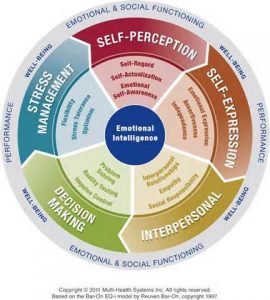 There is no such thing as the perfect level of Emotional Intelligence on a personal or an organizational level. EQ also doesn’t guarantee a magical transformation overnight. The EQ-i gives people insight and potential solutions necessary to grow over time both as workers and as people.
There is no such thing as the perfect level of Emotional Intelligence on a personal or an organizational level. EQ also doesn’t guarantee a magical transformation overnight. The EQ-i gives people insight and potential solutions necessary to grow over time both as workers and as people.
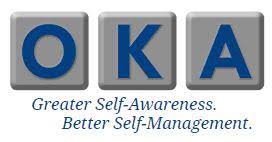
The detailed feedback and training experiences provided by OKA give individuals opportunities to unlock new levels of potential, allowing for more effective leadership and more functional and cohesive organizations at every level. Emotional Intelligence in an organization is a continuous process, and it starts with the EQ-i. Please browse through OKA’s blog library to learn more about the EQ-i, Emotional Intelligence, and the ways in which we at OKA can help you use these important tools.

Leave a Comment